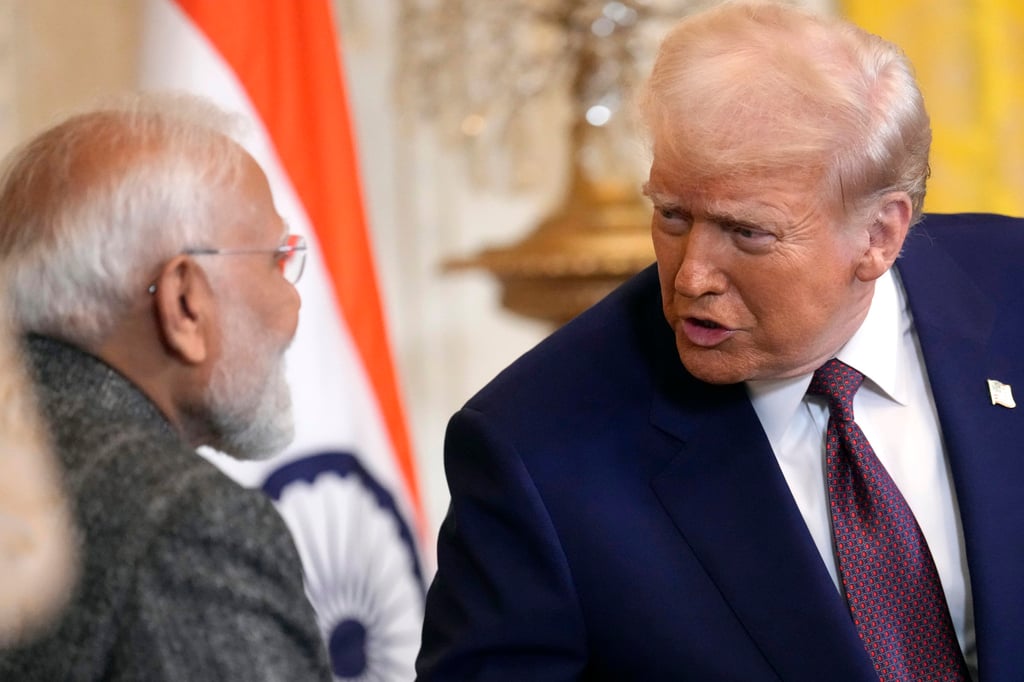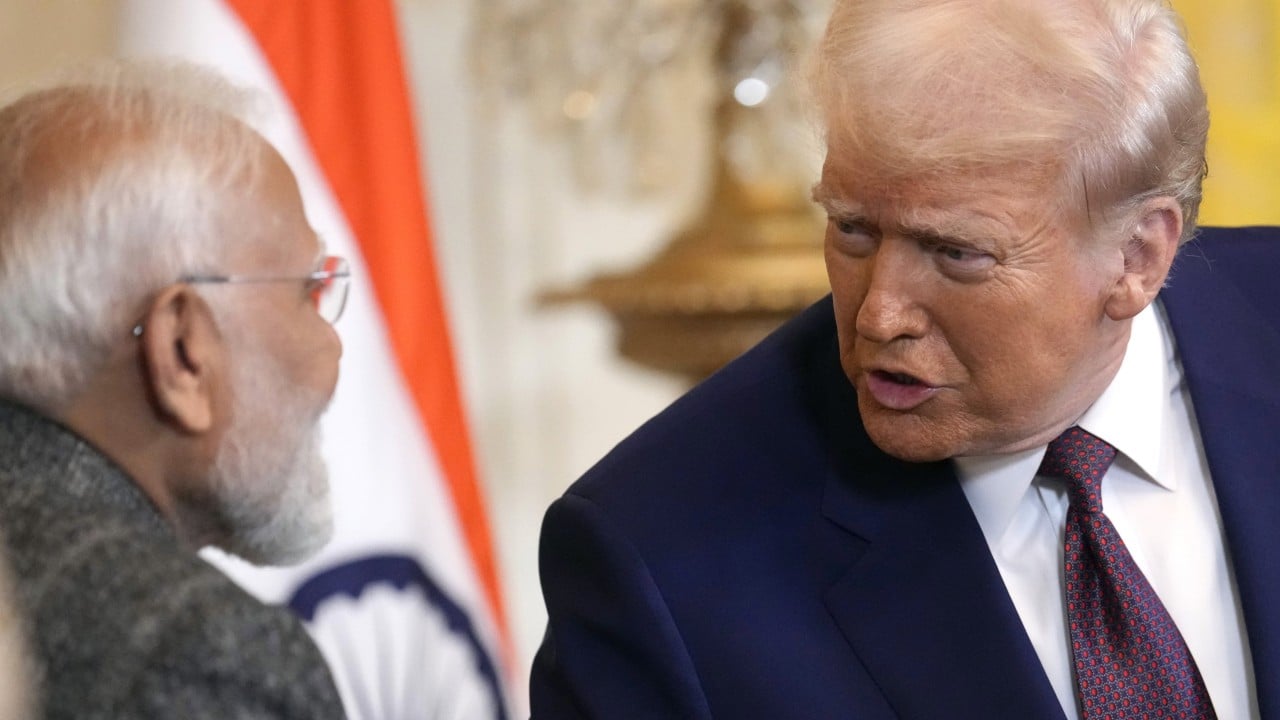For decades, India’s economic rise has been intertwined with the fortunes of its trading partners, none more so than the United States. Now, as Washington moves to impose punitive tariffs, industry leaders and policymakers alike are asking how the world’s most populous democracy might build a more self-reliant, resilient economic future.
Advertisement
The wave of introspection follows the Trump administration’s announcement last Wednesday of an additional 25 per cent tariff – effective from August 27 – on Indian imports, a move justified as retaliation for India’s continued purchases of Russian crude oil.
The decision, which is set to bring US levies on Indian goods to 50 per cent, provoked widespread consternation across India’s business community, reigniting a broader conversation about the vulnerabilities inherent in the country’s export-led growth model.
A threat here, a tariff there. But the message is the same: stay in your lane, India
“Every few years, the world reminds us of our place. A threat here, a tariff there. But the message is the same: stay in your lane, India,” Deepinder Goyal, co-founder of online food delivery giant Zomato, wrote in a social media post that quickly went viral. “Global powers will always bully us, unless we take our destiny in our own hands.”
Goyal argued that the “only way” to do this was to “collectively decide to become the world’s largest, most unapologetic superpower … In economy, in technology, in defence and most importantly, in ambition.”

His rallying cry has fuelled a fresh debate over India’s role on the world stage as it readies to become the third-largest economy on Earth by 2028, according to International Monetary Fund estimates.
Advertisement

